By Eric Vandenbroeck and co-workers
U.S. stock futures
plunged Monday after stocks reeled last week on worries that President Donald Trump has ignited a trade war that will lead to higher
prices and recession.
Trump announced on
Wednesday a 10% tariff on all countries that went into effect over the
weekend. Even higher tariffs on a list of specific countries that included many
Asian nations are set to start on April 9. China hit back, matching the 34%
U.S. tariff with its own on all U.S. imports, while other countries around the
world denounced Trump's moves and threatened
their own retaliatory tariffs.
The surprisingly
aggressive retaliatory tariffs pumled the stock
market. The blue-chip Dow posted back-to-back losses of more than 1,500 points
for the first time,
including a 2,231-point freefall on Friday. The broad S&P 500 posted its
biggest one-day loss on Friday since March 2020, the start of the Covid-19
pandemic, and is edging close to a bear market. A bear market is defined as at
least 20% below its recent peak. The tech-heavy Nasdaq entered a bear market.
Even with the stock
market drubbing, Trump's administration has stood firm. Trump continues to
tell Americans to "hang tough." Commerce Secretary Howard Lutnick told
CBS News tariffs would not be postponed. Trasury
Secretary Scott Bessent said in a NBC interview 50
countries have approached the administration for negotiation but warned these
could take time. Bessent also said he didn't believe
tariffs would lead to recession.
Futures on the
blue-chip Dow were last -3.75%, broad-market S&P 500 futures dived -4.02%;
and tech-heavy Nasdaq plunged -4.36%.
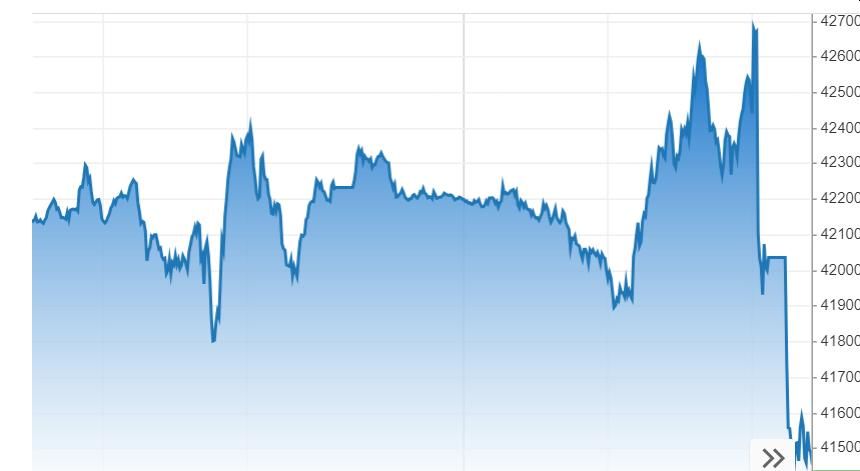
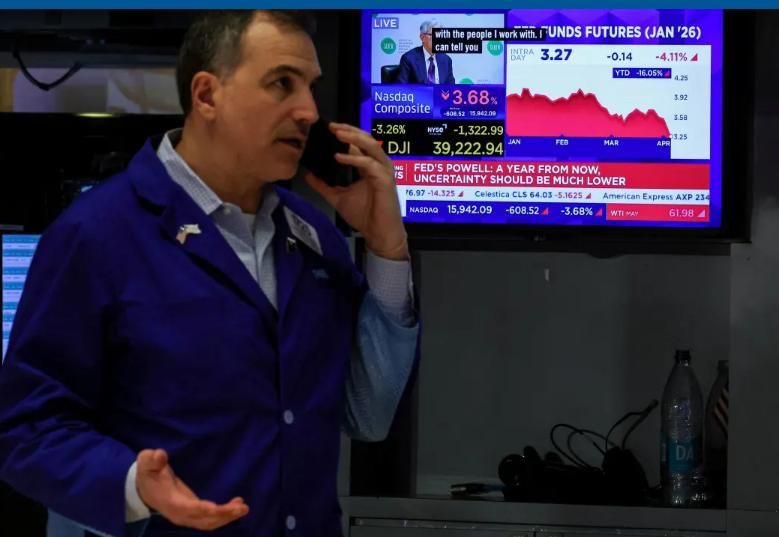
U.S. markets were set
to open also sharply lower.
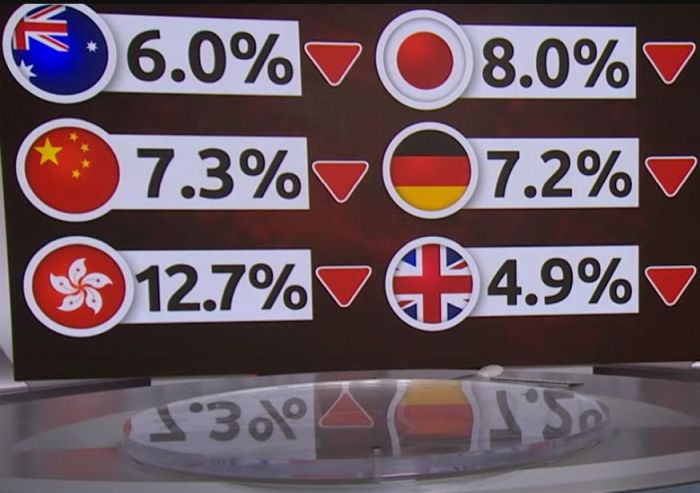
The domestic arm of
China’s sovereign wealth fund, Central Huijin
Investment, said on Monday that it boosted its holdings in Chinese stocks to
“resolutely safeguard” the country’s capital markets.
The move appeared to
be a response to a slide in share prices triggered by the Trump
administration’s unveiling of sweeping global tariffs last week.
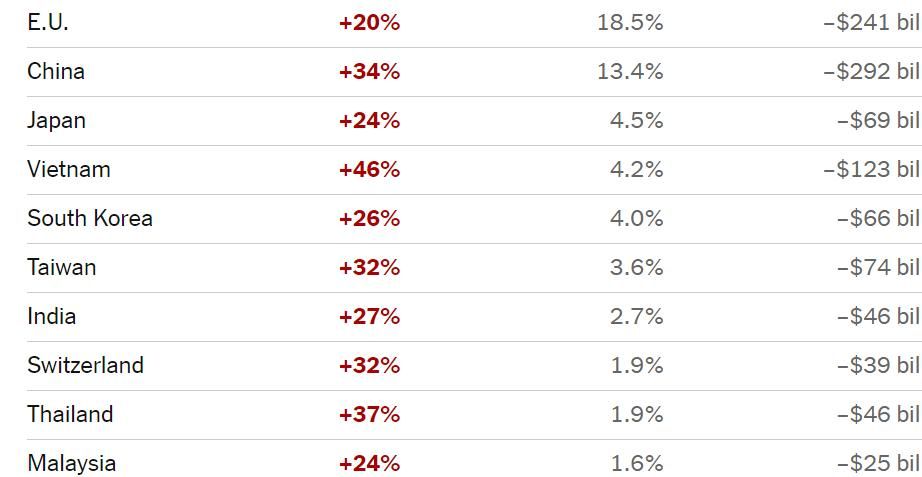

If the stock market
closes in bear territory – a drop of 20% from a recent peak – it would be the
earliest in a new administration a bull market has turned into a bear in the
history of the S&P 500, which dates back to 1957.
These same tariffs
may also take a booming economy and turn it into a recession.
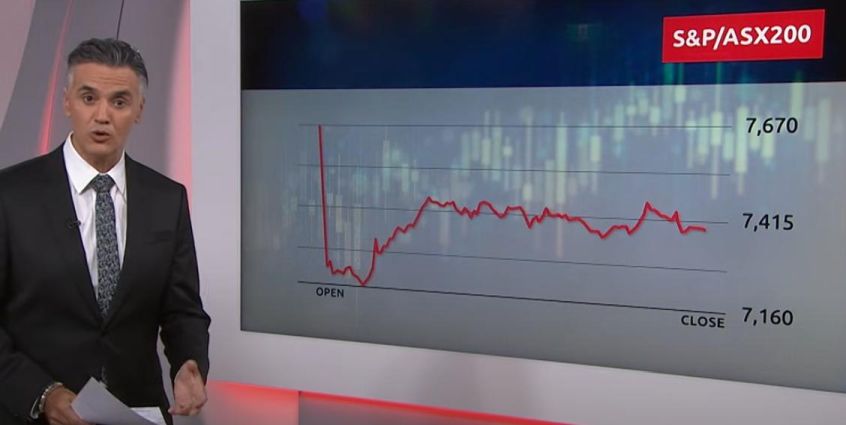
For updates click hompage here